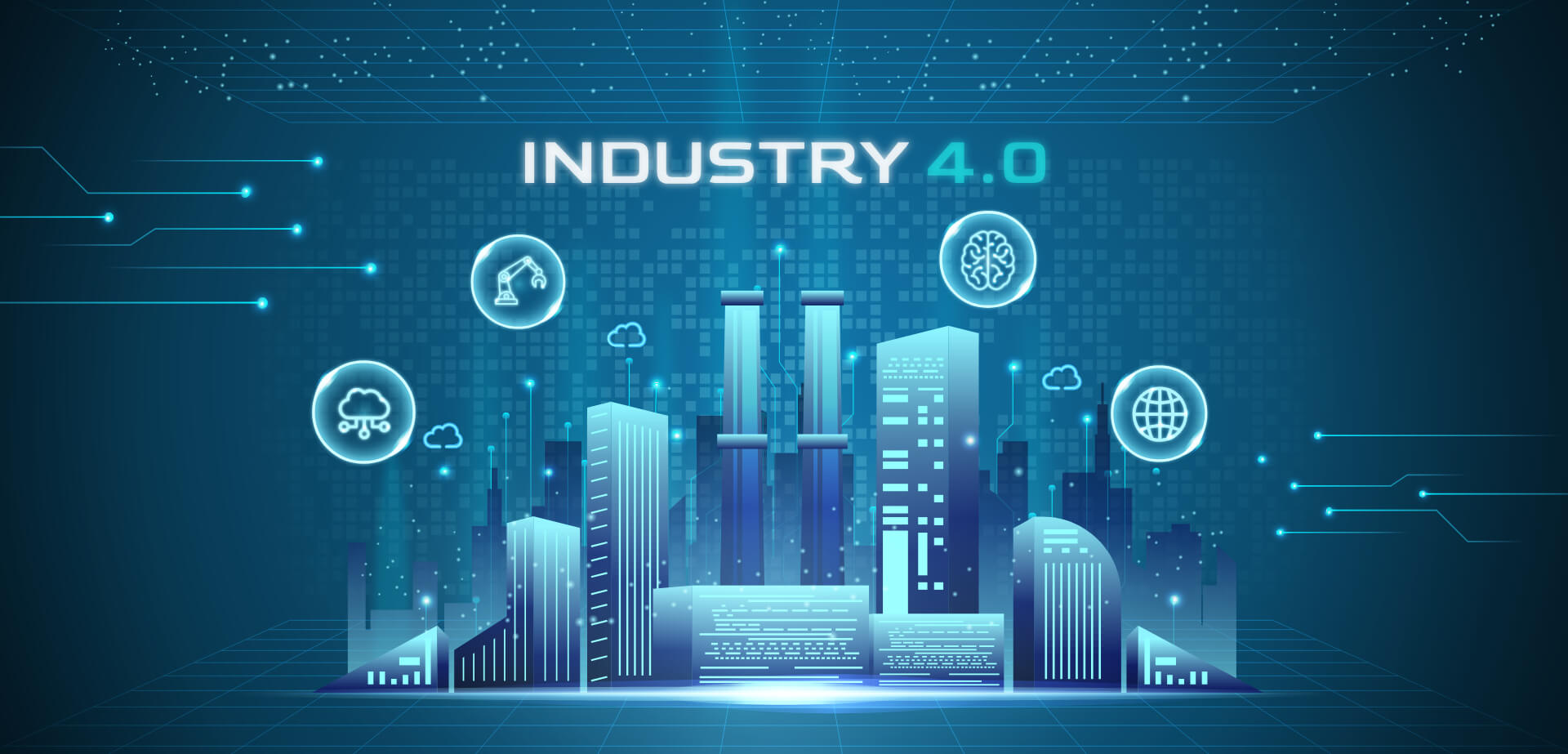The Impact of Industry 4.0 and Smart Manufacturing on the PCB Manufacturing Industry
Industry 4.0 is revolutionizing factory productivity, efficiency, and data automation, driven by advancements in AI, smart manufacturing, and the Internet of Things (IoT). According to Rush PCB Inc., future machines will take over industrial processes, utilizing learned tasks and closed feedback loops to monitor, report detailed production data, and detect deviations for automatic adjustments. This will lead to self-correcting systems that significantly boost yields.
What is Smart Manufacturing?
Smart manufacturing leverages machine learning (ML) and artificial intelligence (AI) to absorb and analyze vast amounts of data. Although the electronics industry has not fully achieved this level of intelligence and automation, the PCB manufacturing sector is making significant strides towards Industry 4.0.
How Industry 4.0 and Smart Manufacturing Impact the PCB Industry
A visit to any modern factory reveals the widespread use of industrial robots known for their precision, accuracy, speed, and endurance. Manufacturers are now enhancing these robots by connecting them to IoT devices. Interconnected robots communicate and share data autonomously, improving productivity, efficiency, safety, and reducing unscheduled maintenance.
Key Impact Areas of IoT in Manufacturing:
- Predictive Maintenance: IoT-enabled predictive maintenance can reduce equipment breakdowns by over 69% and maintenance costs by more than 24%.
- Productivity and Efficiency: IoT applications could create an economic impact ranging from USD 1.25 to USD 3.65 trillion annually by 2025.
- Sustainability and Energy Usage: IoT monitoring can reduce machinery energy costs by 40% or more.
- Supply Chain Optimization: Technological solutions are improving operational efficiency, production, and delivery speeds while automating repetitive tasks.
Effects of Industry 4.0 on PCB Manufacturing
Customers now demand detailed data on each PCB produced, allowing for quick identification and troubleshooting of defects. PCB manufacturers are capturing extensive production data and conducting root cause analysis at all manufacturing stages. Although this generates vast amounts of data, it provides full visibility into the manufacturing process and ensures the integrity of each PCB layer.
Manufacturers are adopting smart manufacturing strategies to improve processes and identify problem areas. Visualization applications and advanced process control are driving full automation in factories.
Benefits of Industry 4.0 in PCB Manufacturing:
- Preventing Unplanned Downtime: Unplanned downtimes, which can cost manufacturers significantly, can be mitigated through IoT-enabled predictive maintenance.
- Defect Reduction and Quality Improvement: Automation and digitization improve product quality by quickly detecting and responding to defects.
- Safety Improvement: Automation reduces the risk of injuries and accidents, enhancing workplace safety.
- Reducing Costs: Automation minimizes labor costs and allows workers to focus on high-value activities, while IoT technologies improve maintenance efficiency and reduce service calls.
- Scalability: Automated systems offer adaptability and scalability, allowing manufacturers to respond effectively to market changes.
Deeper Understanding of the Manufacturing Process
Customers now seek better visibility into PCB manufacturing processes beyond simple traceability. Advanced process control and visualization enable automated, detailed production reports, showing real-time visibility and defect distribution across manufacturing and inspection stages. This helps identify defect trends and allows root-cause analysis, improving overall production management and decision-making.
Traceability and analytics tools facilitate PCB tracking and process control, ensuring real-time connectivity and quick remedies for process irregularities. These capabilities are essential as manufacturers introduce AI in smart factory automation.
Conclusion
Industry 4.0 and smart manufacturing are transforming the PCB industry, enabling automation, predictive maintenance, and comprehensive connectivity with cloud-based software. These advancements significantly improve productivity and reduce maintenance costs, forming the backbone of modern manufacturing operations.







